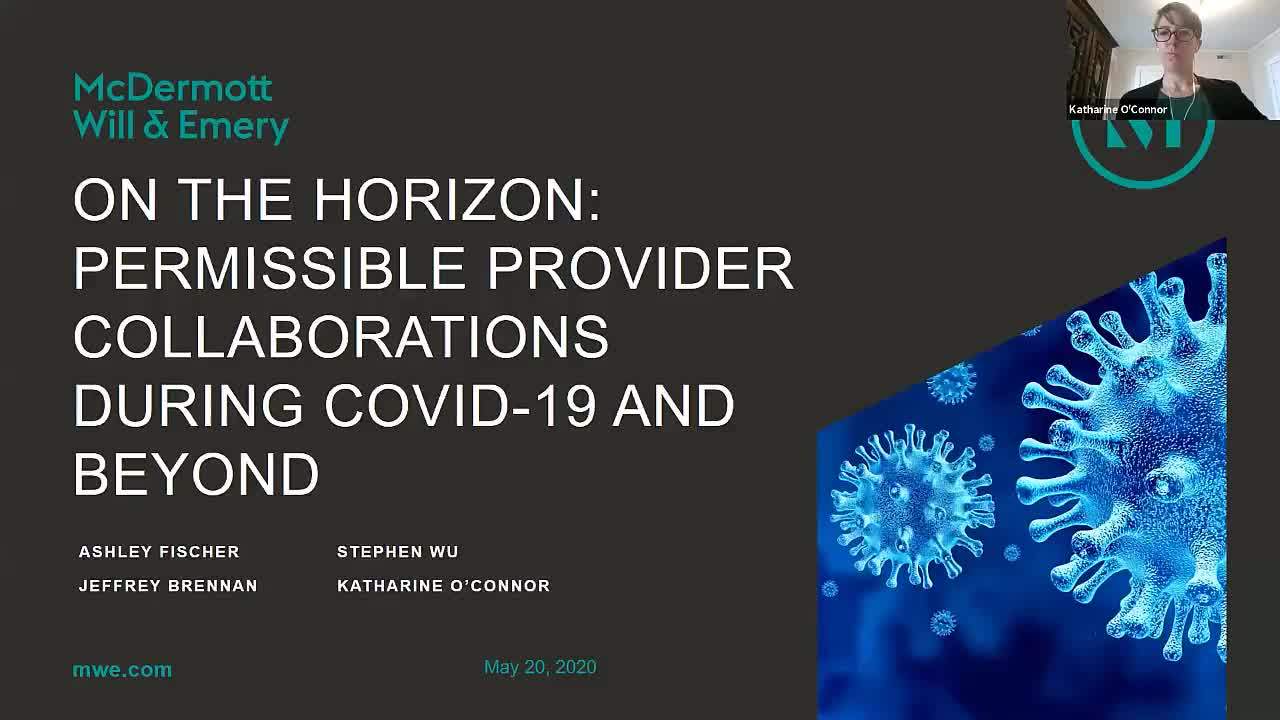The US Federal Trade Commission (FTC) yesterday released decreased thresholds for the Hart-Scott-Rodino Antitrust Improvements Act of 1976 (HSR). The thresholds are indexed to changes in the gross national product (GNP). They normally increase year over year but have decreased this year because of the economic impacts of COVID-19. We last saw a decrease in connection with the 2008 recession.
Notification Threshold Adjustments
The FTC announced revised thresholds for the HSR pre-merger notifications on February 1, 2021. These decreased thresholds were published in the Federal Register on February 2, 2021, and will become effective on March 4, 2021. These new thresholds apply to any transaction that closes on or after the effective date:
- The base filing threshold, which frequently determines whether a transaction requires the filing of an HSR notification, will decrease to $92 million.
- The alternative statutory size-of-transaction test, which captures all transactions valued above a certain size (even if the “size-of-person” threshold is not met), will be adjusted to $368 million.
- The statutory size-of-person thresholds will decrease slightly to $18.4 million and $184 million.
The adjustments will affect parties contemplating HSR notifications in various ways. Transactions that do not meet the current “size-of-transaction” threshold, but will meet the revised $92 million threshold, will only need to be filed if they will close after the new thresholds take effect.
The adjustments may affect HSR filing fees for certain transactions. Under the rules, the acquiring person must pay a filing fee, although the parties may allocate that fee amongst themselves. Filing fees for HSR-reportable transactions will remain unchanged; however, the size of transactions subject to the filing fee tiers will shift downward as a result of the GNP-indexing adjustments:
Filing Fee Size of Transaction $45,000 $92 million, but less than $184 million $125,000 $184 million, but less than $919.9 million $280,000 $919.9 million or more.read more


 Subscribe
Subscribe

